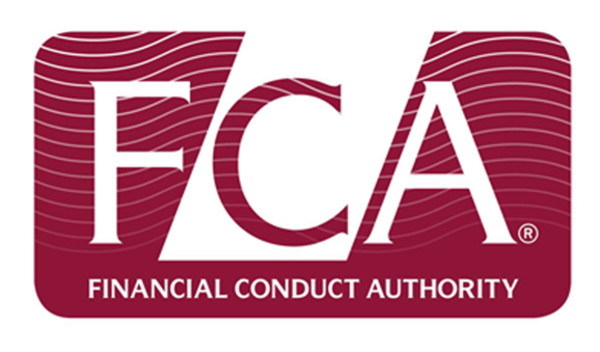

Firms being wound up often don’t take their relationship with other companies into account, the Financial Conduct Authority has said.
In a 28-page guidance consultation paper published today, the regulator stated what financial advice firms need to do as they prepare to close their businesses.
The FCA has said advisers should think about how they can steer their firms towards a wind-down even if they feel their firm is in good shape.
It has said there are three particularly important aspects to a wind-down plan which involve assessing who will be affected, establishing what steps need to be taken and finding out what resources are needed.
But the regulator said there are two aspects of wind-down planning which firms tend to overlook: a communications plan and an assessment of intra-group relationships.
The regulator said: “An effective communications plan can help to deliver a more effective wind-down process and ensure appropriate and timely action from all key stakeholders.
“If a firm is part of a larger group, its wind-down plan will often be affected by the availability or the withdrawal of group financial support, processing capabilities and shared staff and facilities.
“If the entity has been relying on support and services from the wider group, then it is prudent to consider if these resources would still be available during the wind-down.”
The FCA said an effective wind-down plan should help a failing firm to cease its regulated activities and achieve cancellation of permission with minimal adverse impact on its clients, counterparties and the wider markets.
In its guidance consultation the FCA said: “There is no guarantee that a normally functioning firm will not fail in the future.
“Failure of a firm could occur suddenly. Without proper advance planning, a firm running into difficulties has an increased likelihood of a disorderly wind-down, leading to consumer detriment and/or potentially adverse effects in the market.”
Keith Richards, chief executive of the Personal Finance Society, said it is vital that advisers winding down their businesses think about the ongoing liabilities they face.
But he said there is probably more demand from advisers for information about how to realise embedded value in their business than for what they should do to wind it down.



